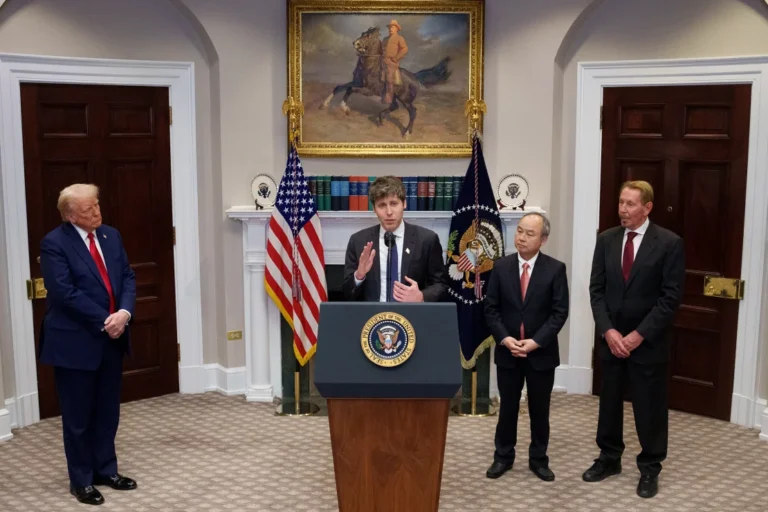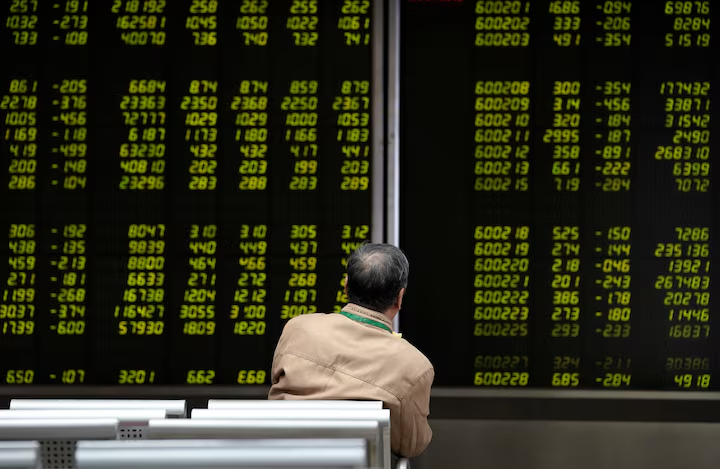US economy
President-elect Donald Trump has outlined an ambitious economic agenda aimed at revitalizing the U.S. economy through a combination of tax reductions, deregulation, and significant tariff implementations. Central to his plan is the promise to “end the devastating inflation crisis,” a commitment that has garnered both support and skepticism from various economic analysts.
Tackling Inflation
Trump has repeatedly assured the American public that “prices will come down,” attributing this potential decline to policies such as expanding U.S. oil and gas production to reduce energy costs. However, the International Monetary Fund (IMF) has expressed concerns that certain aspects of Trump’s economic strategy, including proposed tax cuts and tariffs, could inadvertently fuel inflation. Pierre-Olivier Gourinchas, the IMF’s chief economist, highlighted that these policies might lead to increased demand while constraining supply, thereby exerting upward pressure on prices.
Imposing Tariffs
A cornerstone of Trump’s economic policy is the imposition of tariffs, notably a blanket 10% tariff on all imports, escalating to over 60% for products originating from China. This approach is intended to protect domestic industries and incentivize the repatriation of manufacturing jobs. However, trade experts caution that such measures could lead to higher consumer prices and provoke retaliatory actions from trade partners, potentially igniting a trade war. The Brookings Institution notes that the executive branch possesses considerable authority to implement tariffs without requiring Congressional approval, allowing for swift policy enactment.
Tax Reductions and Deregulation
In addition to tariffs, Trump plans to stimulate economic growth through substantial tax cuts and deregulation. While these measures aim to enhance business profitability and encourage investment, the IMF warns that they could also contribute to inflationary pressures. The combination of increased consumer spending from tax savings and a potentially overheated economy might compel the Federal Reserve to maintain or even raise interest rates to counteract inflation.
Establishment of the External Revenue Service
To facilitate the collection of tariffs and other revenues from foreign entities, Trump has proposed the creation of an “External Revenue Service.” This new agency is envisioned to ensure that foreign entities benefiting from trade with the U.S. contribute their fair share to the economy. Critics argue that this function overlaps with the existing responsibilities of U.S. Customs and Border Protection, potentially leading to bureaucratic redundancy.
Balancing Economic Objectives
Analysts point out the inherent contradictions in simultaneously pursuing aggressive tariff policies, tax cuts, and deregulation. Romina Boccia, director of budget and entitlement policy at the Cato Institute, emphasizes the challenges in aligning these goals without exacerbating inflation or increasing the national debt. The delicate balance between stimulating growth and maintaining economic stability will require careful policy calibration.
Global Economic Implications
Trump’s economic policies are poised to have significant repercussions beyond U.S. borders. The IMF projects global economic growth of 3.3% in 2025, with a slight increase to 3.5% in 2026. However, the implementation of widespread U.S. tariffs could disrupt international trade, leading to decreased economic activity worldwide. The potential for retaliatory tariffs from affected nations further complicates the global economic outlook.
Public Sentiment
Among Trump’s supporters, there is optimism regarding his ability to negotiate favorable economic terms for the United States. Amanda Sue Mathis from Michigan expresses confidence, stating, “If anybody can make better deals to make things more affordable for Americans, it’s Donald Trump.” This sentiment reflects a belief in Trump’s deal-making prowess to navigate complex economic challenges.
As the inauguration approaches, the nation and the world are poised to observe how these proposed policies will unfold in practice. The effectiveness of Trump’s economic strategy will depend on the administration’s ability to implement these initiatives without triggering adverse effects such as heightened inflation, trade conflicts, or increased national debt.






